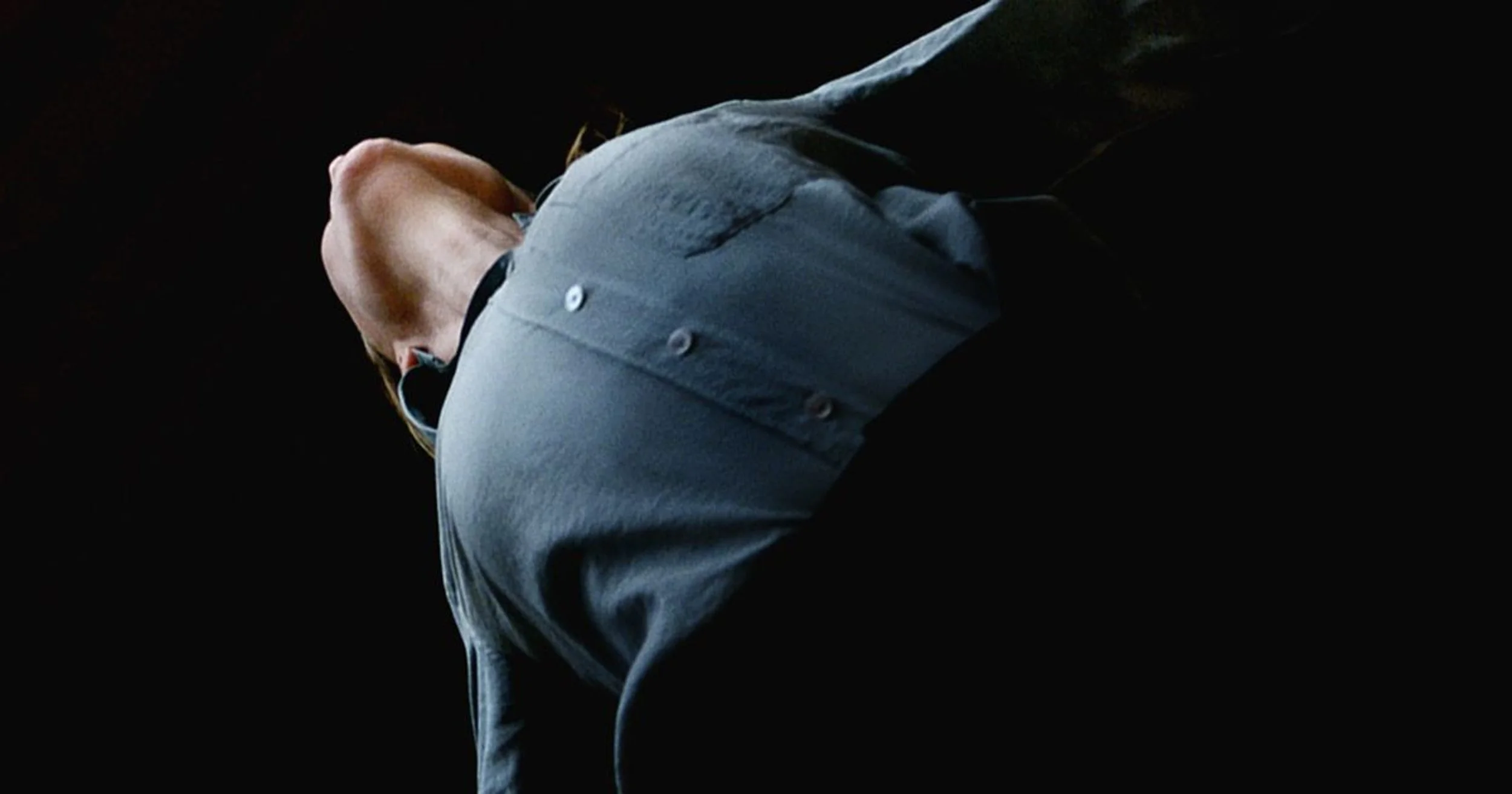"Tár" - Film Review
Tár’s thematic goals are laid bare in the first few minutes of the film. Before we see the great Lydia Tár (Cate Blanchett) for the first time, the audience is shown the film’s credits. Not only are modern cinema goers not used to credits at the beginning of the film, this particular presentation of those involved in the film is unique. Instead of beginning with the writer, director, or big-name actor, Tár’s credits begin where they usually end. It’s the caterers, visual effects people, drivers, etc., who are given the prime spot. Instead of letting audiences walk out before those names are even seen, Tár puts them at the forefront.
Lydia Tár is a world-renowned orchestra conductor, one of only a few EGOTs, and at the pinnacle of the intellectual world. Even though she’s the focus of the film, Tár is about how Lydia’s ego causes her to believe that she’s above it all. Above guilt, punishment, laws, you name it. When you achieve greatness, certain things don’t matter anymore, right? Doesn’t matter that a conductor, in particular, is made or broken by the members of the orchestra. It’s the same as all of the people in the credits of the film. The performance or the movie does not solely belong to the conductor or the director, yet they are the ones who usually receive the credit. The problem lies when the conductors, Lydia in this case, believe they are deserving of all of the praise.
Focus Features
To reduce Tár to a simple narrative about cancel culture is to miss the film’s quietly constructed nuance. This is a woman who has spent her entire career fighting for a place in a field dominated by white men for centuries. And then, when she has reached the highest peak in this world, Lydia spends her time reaffirming those same white men. It speaks to something far deeper than cancel culture. In no way does Tár celebrate Lydia or her actions; this is not a movie of an anti-hero. It’s merely a character study performed to the highest degree by Blanchett. Entirely in her element as the seemingly under-control Lydia, Blanchett creates a masterpiece over the 158-minute runtime. It’s difficult to think of another working actor who could have soared to the heights Blanchett does as Lydia.
Tár does not make heavy-handed accusations about the state of our society and people in power. Instead, it asks the audience to look at Lydia, to see her as the totality of who she is. The film is not asking the audience to sympathize with Lydia or judge her actions. Instead, Tár is about time. How actions develop and change meaning as time goes on. As Lydia says in the beginning, she is the clock. Time begins and ends with her when she’s in front of the podium. This individualist type of thinking is at complete odds with the way younger generations view the passage of time. To them, time is about growth. About reflecting on the past and realizing that maybe they shouldn’t deify famous composers who were terrible people. Lydia views time as a means of power and control. It’s no wonder she finds it exceedingly difficult to fit into the modern world.
Follow me on BlueSky, Instagram, Letterboxd, & YouTube. Check out Movies with My Dad, a new podcast recorded on the car ride home from the movies.

